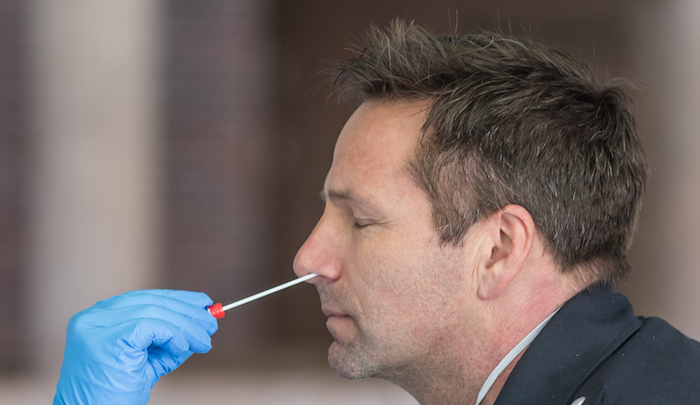Navigating the world of COVID testing can be challenging, with numerous options available. Each test serves a unique purpose, and understanding their differences can allow you to make informed decisions about your health. Here are several main types of COVID tests to help you select the best fit for your circumstances:
PCR Tests
With high accuracy, PCR tests are a reliable method for detecting active COVID infections. These tests identify the virus’s genetic material, even at very low levels. Due to their precision, they often involve laboratory processing, which means results take longer to receive. If accuracy is paramount for your testing needs, this could be a reliable option.
PCR tests are typically used for travel requirements, healthcare screenings, or in situations where a definitive diagnosis is needed. While the longer turnaround might feel inconvenient, many testing facilities offer expedited services for quicker results. Check the specific requirements of your destination or testing purpose to make sure the PCR test meets the necessary criteria.
Antigen Tests
Antigen tests are a typical choice for individuals seeking rapid results. These tests detect proteins from the virus, making them suitable for same-day answers. Turnaround times are typically within minutes to an hour, depending on the location where the test is administered. While antigen tests are faster, they may not match the accuracy of PCR tests, especially in cases with low viral loads.
Antibody Tests
For those wondering if they’ve had a past COVID infection, antibody tests provide answers. These tests detect antibodies your immune system produces after encountering the virus. It’s worth noting that antibodies may take days or weeks to develop after an infection, so this test won’t identify active cases. Unlike PCR and antigen tests, these are not tools for diagnosing current infections.
Test Factors
The right approach to COVID testing depends on your circumstances. If you are experiencing symptoms and need to confirm an active infection, a PCR or Antigen test is likely the most appropriate choice. Use the following scenarios to guide your decision-making process:
- Active symptoms or recent exposure to COVID could warrant a particular kind of test. A PCR or Antigen test is designed to confirm if you currently have the virus.
- For time-sensitive needs, such as travel requirements or events, antigen tests are fast; however, verify local regulations to make sure they are accepted.
- If you’re concerned about past infections, an antibody test helps provide that insight.
Test Schedule
Testing for COVID-19 is needed if you have been in close contact with someone who has tested positive, even if you are not showing symptoms. It is also recommended to test if you are planning to visit high-risk individuals, such as elderly family members or those with weakened immune systems.
- After Symptoms Develop: If you’re feeling sick, testing immediately helps identify a potential infection.
- After Exposure: Typical practice involves testing several days after exposure, allowing the virus sufficient time to appear on diagnostic tests.
- Before Events: Testing in advance of gatherings provides an additional layer of safety for your community.
Ask a Medical Provider for COVID Testing Services
Testing plays a role in keeping communities safe and informed. If you’re preparing to take a test, it’s helpful to know which type best matches your situation. Whether it’s a PCR test for accuracy, an antigen test when time is a factor, or an antibody test for understanding past infections, the right choice makes all the difference.
- Choosing the Right Plastic Surgeon for Your Cosmetic Procedure
- Understanding Different Types of Laser Treatments for Skin Rejuvenation
- Why a Family Dentist is Key for Maintaining Oral Health
- The Benefits of Regular Visits to a Wellness Spa
- Exploring the Emotional and Psychological Triggers of Eating Disorders


Leave a Reply